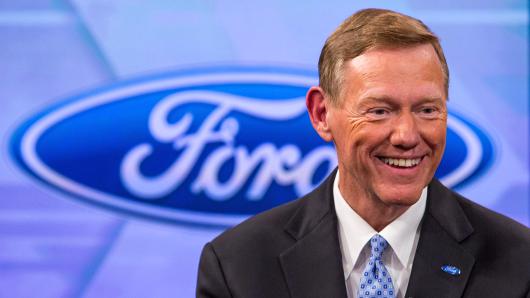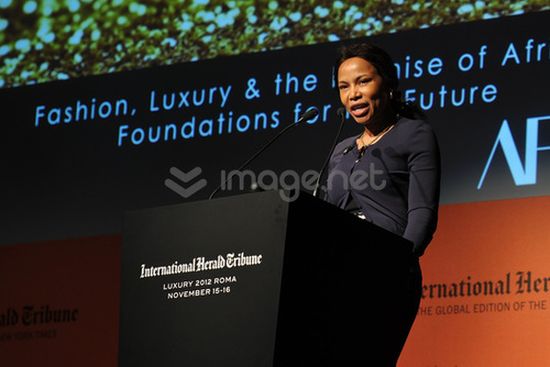Five years ago, Africa was growing at an accelerated rate in almost all of its key economic sectors. Today, the picture is very different. Has Africa’s growth run out of steam? McKinsey, a worldwide management consulting firm, releases a new report “Lions on the Move II: Realizing the potential of Africa´s economies,” answering the aforementioned question.
The report is a follow up on McKinsey’s initial research on Africa in 2010. In addition, McKinsey Africa partnered with CNBC Africa for a live panel discussion to discuss the report. Panel members included South Africa’s former finance minister, Trevor Manuel; economist at the IFC/World Bank, Vera Songwe; and McKinsey senior partners and authors of the report Acha Leke and Georges Desvaux, Aliko Dangote, founder and CEO of the Dangote Group, and Charles Kie, from EcoBank, Nigeria; and Bob Collymore, CEO of Safaricom in Nairobi.
“Many observers are questioning whether Africa’s economic advances are running out of steam. Five years ago, growth was accelerating in almost all of the region’s 30 largest economies, but the recent picture has been more mixed: while growth has sped up in about half of Africa’s economies, it has slowed in the rest.
Between 2010 and 2015, Africa’s overall GDP growth averaged just 3.3 percent, considerably weaker than 4.9 percent a year between 2000 and 2008. But average growth hides a marked divergence, finds a new McKinsey Global Institute report Lions on the move II: Realizing the potential of Africa’s economies. A much less robust economic performance by two groups of African economies dragged that average down—oil exporters hit by the decline in oil prices and countries affected by the political turmoil of the Arab Spring (Egypt, Libya, and Tunisia). For the rest of Africa, growth actually accelerated to 4.4 percent in 2010 to 2015 from 4.1 percent in 2000 to 2010 (exhibit). In addition, long-term fundamentals are strong, and there are substantial market and investment opportunities on the table.
Africa’s growth path is diverging
Future growth is likely to be underpinned by factors including the most rapid urbanization rate in the world and, by 2034, a larger working-age population than either China or India. Accelerating technological change is helping to unlock new opportunities for consumers and businesses, and Africa still has abundant resources. The International Monetary Fund projects that Africa will be the world’s second-fastest-growing region in the period to 2020.” Read the full story and download the report from McKinsey.com.
Founded in 2007, Ladybrille® Magazine is a California based pioneer digital publication demystifying the image of Africans in the west through contemporary African fashion and celebrating the brilliant woman in business and leadership, with an emphasis on the African woman in the diaspora. Our coverage includes stories on capital, access to markets, expertise, hiring and retention, sales, marketing, and promotions.








